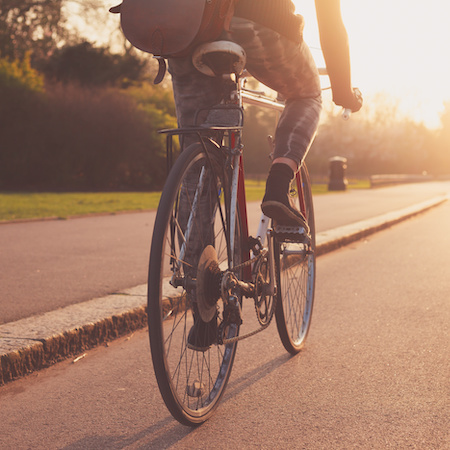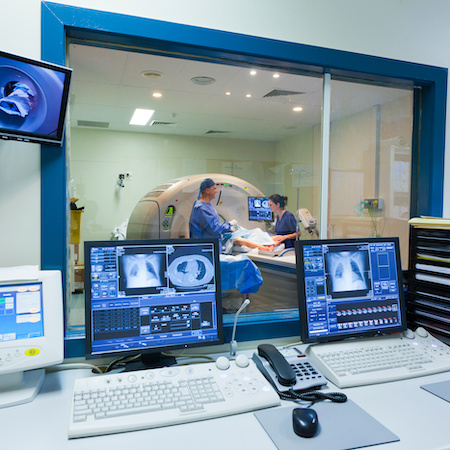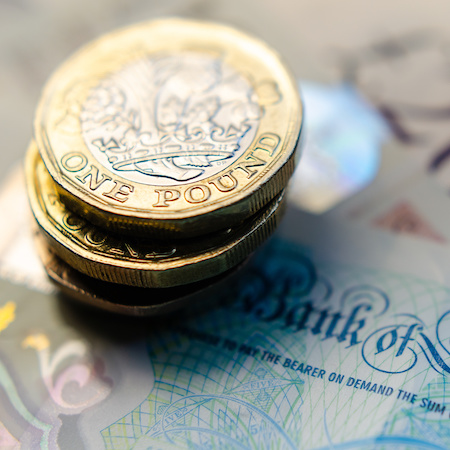The Institute for Public Policy Research claims a saving of £17 billion for the NHS, over a period of 20 years, could be possible if the Government committed to address “chronic underfunding” in infrastructure to get people walking, cycling and wheeling.
Failure to invest properly is undermining efforts to encourage active travel, as well as locking in more congestion on roads, contributing to worsening air quality, making it harder to reduce carbon emissions and stifling local growth, the IPPR claims in its paper: ‘Stride and Ride: England’s path from laggard to leader in walking, wheeling and cycling’.
Improved health is cited as the most significant benefit from developing active travel infrastructure. Not only would there be a potential saving to the NHS, just from increasing the levels of cycling across England, there are also equality and quality of life benefits.
• Shifting short journeys from cars to active travel would save the NHS £17 billion over 20 years through improved health and wellbeing
• For every £1 spent on active travel infrastructure there is an average return on investment of £5.62 compared to just £2.50 for roads
• Doubling cycling and increasing walking as alternatives to car transport would prevent 8,300 premature deaths and save £567 million per year through improved air quality
• Reducing car miles by 25%, a requirement for meeting the UK’s 2030 climate commitments, relies on cycling levels increasing by at least 20% within the decade.
The government’s Cycling and Walking Investment Strategy (CWIS1), published in 2017 claimed that a modal shift of 10% from car to bike would save 400 productive life years through improving air pollution alone. In spite of that, the lead author this report, Maya Singer Hobbs, a Senior Research Fellow at IPPR, points out that cycling in the UK peaked 75 years ago. “Since then, UK Government policy has locked in car dependency, making people walk-wary and cycle-cautious, at the expense of our health, our environment and our economy.”
IPPR recommends
To release the benefits of active travel, IPPR is proposing an investment of £35 per person per year for a decade on active travel infrastructure, and a further investment of £15 per person per year for a decade on interventions to change behaviour, including training for cyclists, incentives to increase access to bicycles and loans of e-bikes. It also wants to see active travel funds allocated as part of single-pot, long-term funding settlements to local and regional authorities.
Report co-author, Stephen Frost, Principal Research Fellow at IPPR adds: “This research reveals what could be achieved if all the warm words from Government about the value of walking, wheeling and cycling were matched with investment. Diverting just a small percentage of the billions invested by Government in car travel could make our streets safer for everyone travelling under their own steam.
“Children could move around more freely, we’d all have better access to green space and nature, people would be healthier and less isolated and local high streets would be thriving. All this while also moving us closer to achieving the UK’s legally-binding climate commitments. Active travel is among the safest investments in transport – a future UK Government must put its money in the right place.”











